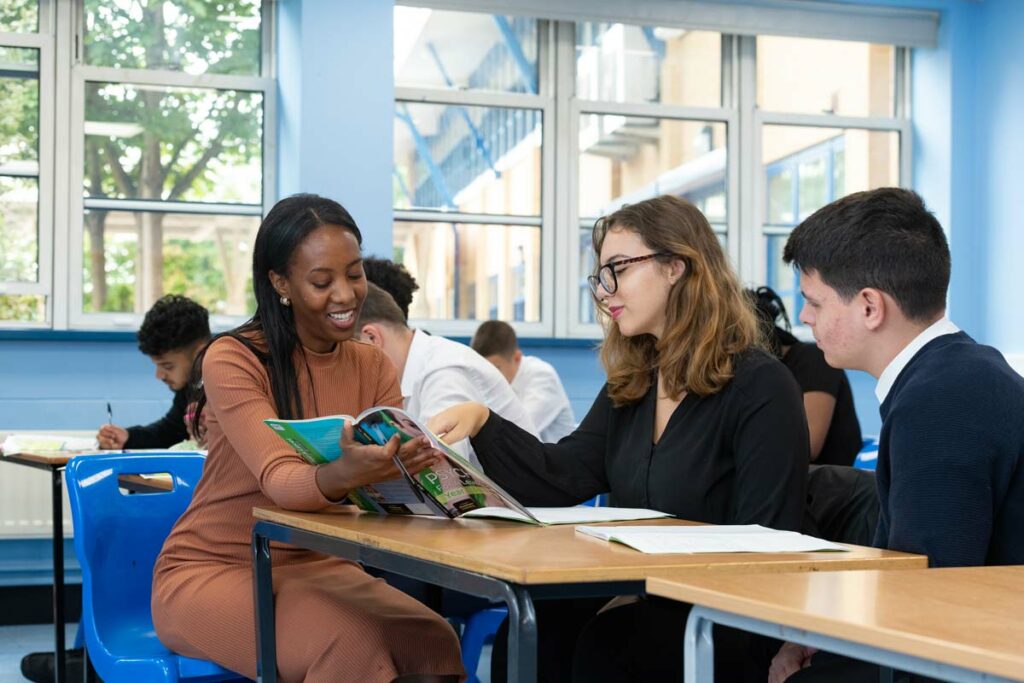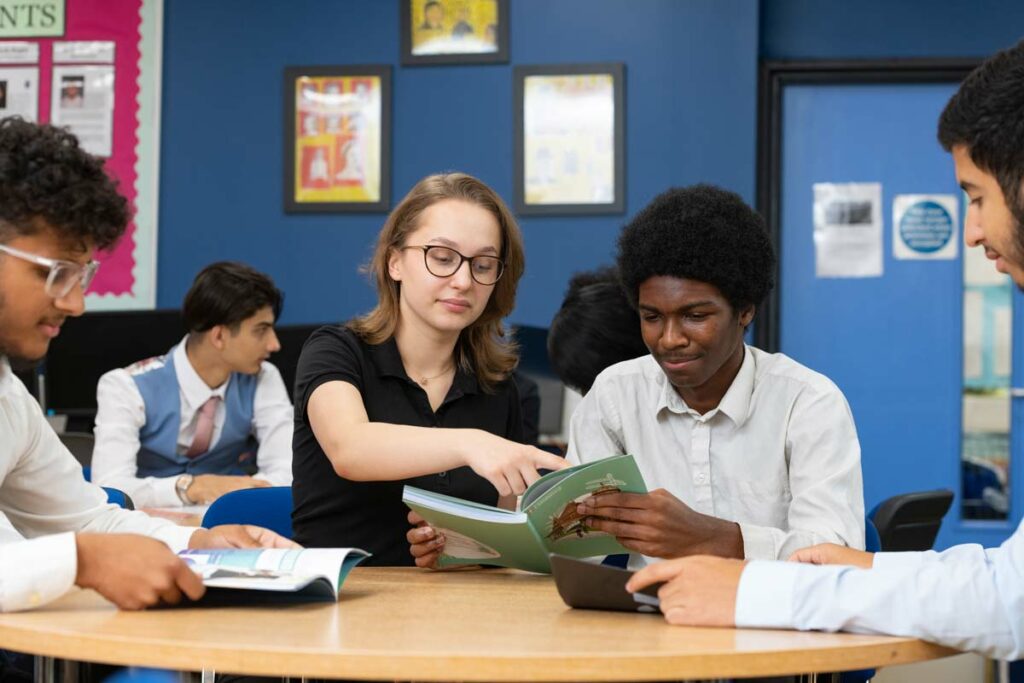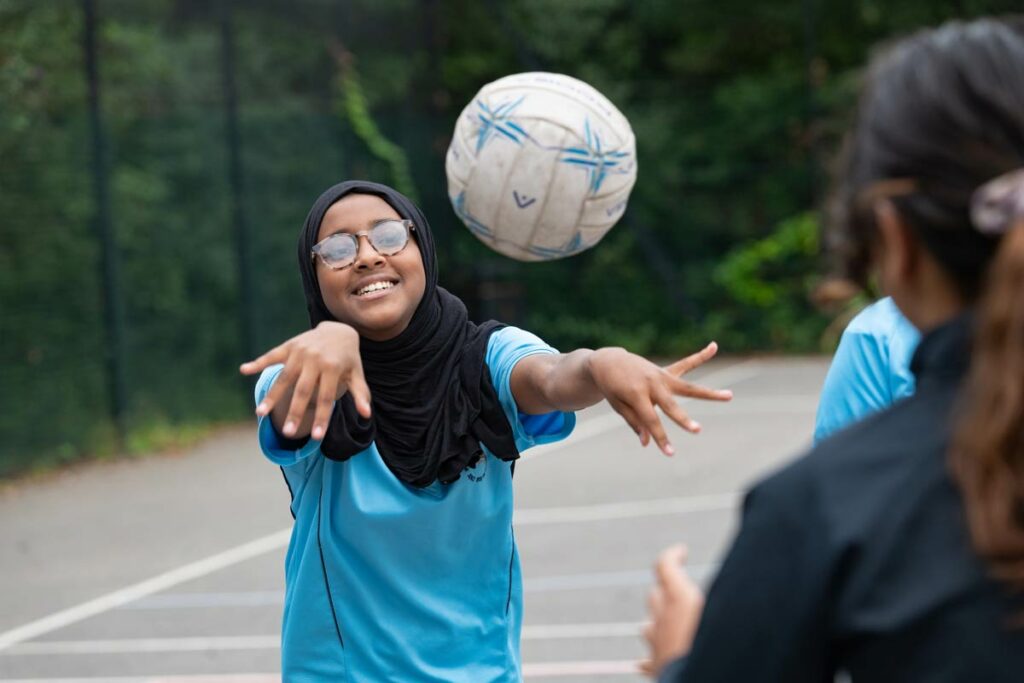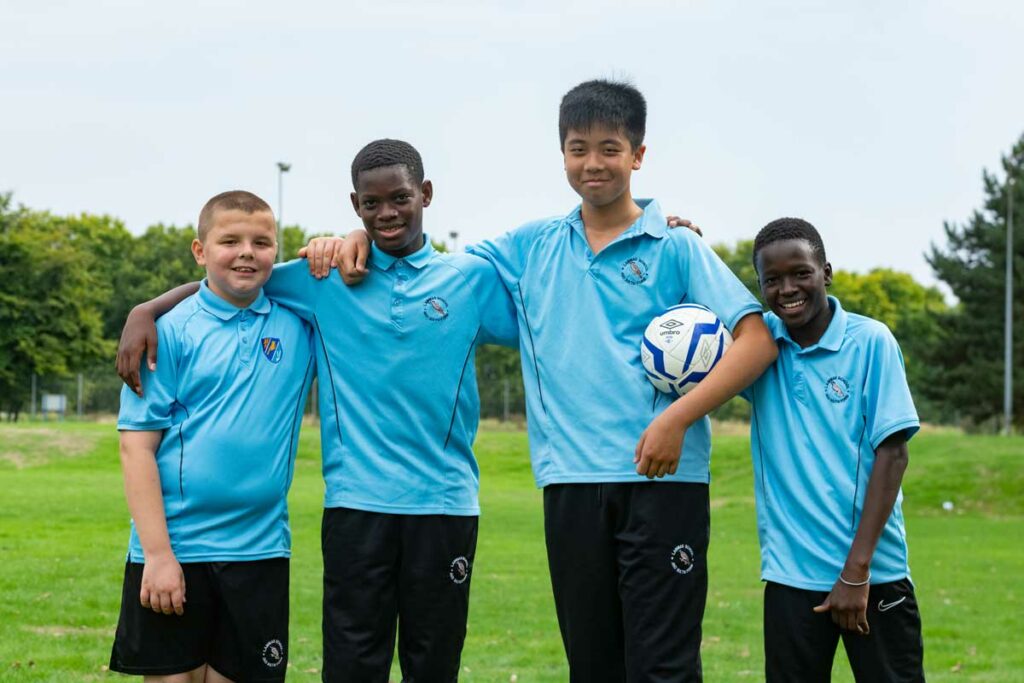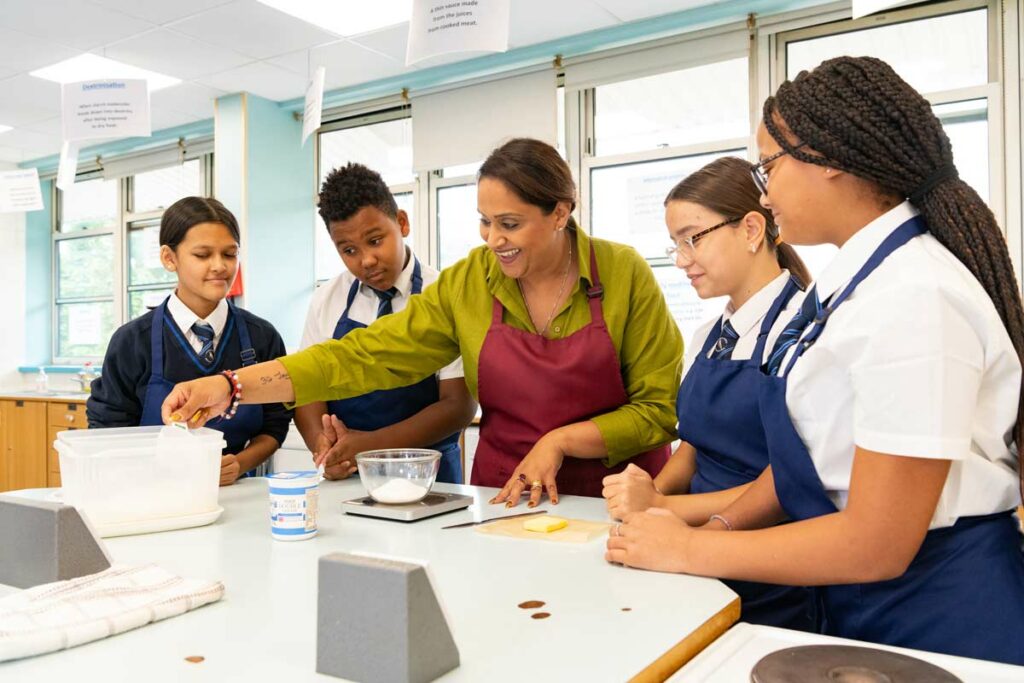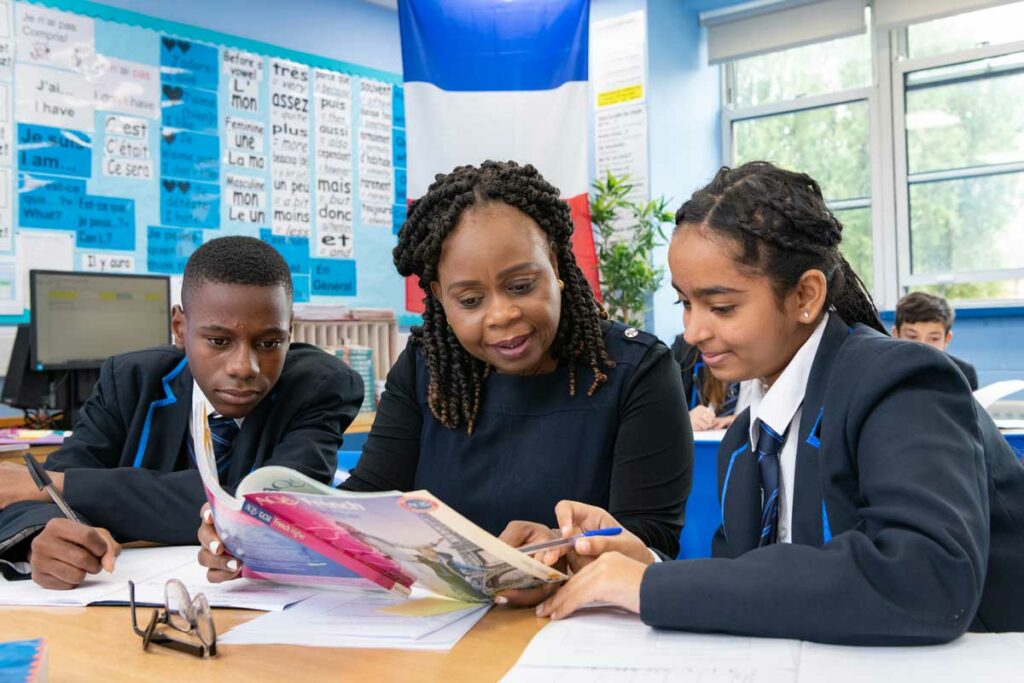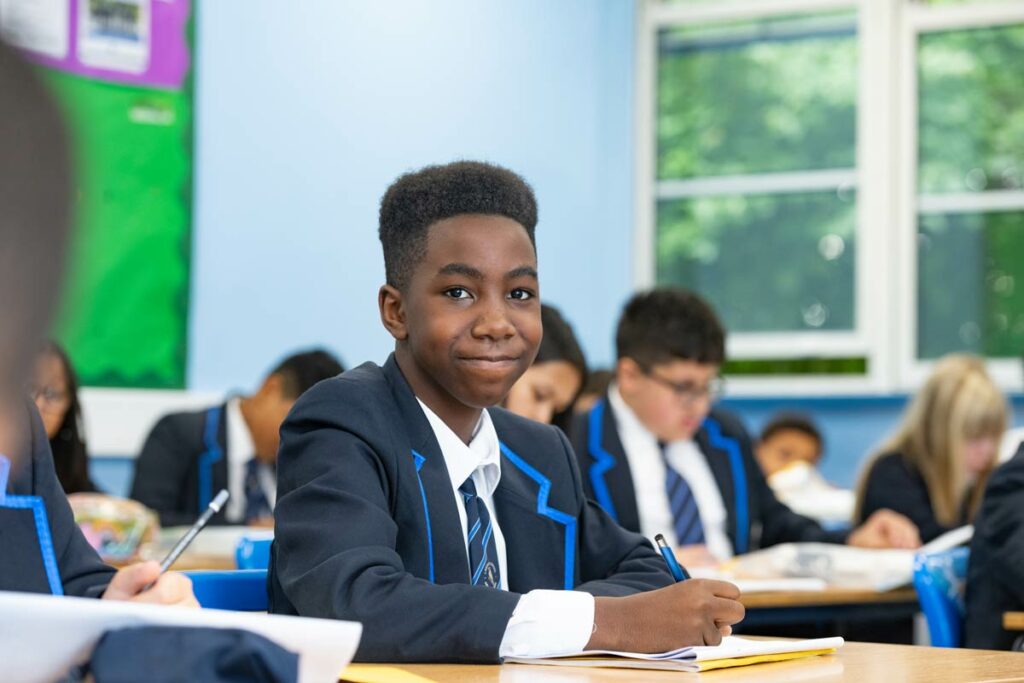>> PREMIUM FUNDING
Pupil Premium
Introduced in 2011, the Pupil Premium Grant (PPG) is additional government money given to publicly funded schools in England to help disadvantaged young people do well at school and narrow the gap, both in school and nationally, between them and their peers.
Research shows that students who are entitled to Pupil Premium face challenges such as poor language and communication skills, less family support, lack of confidence, and issues with attendance and punctuality.
The funding is allocated to schools for students from Reception to Year 11 who have registered for free school meals in the last six years, and young people who are in care or have parents in the Armed Forces.
Schools are free to choose how to spend their Pupil Premium grant. This may include funding extra classroom support, maths and literacy catch-up sessions, educational trips, music lessons or a breakfast club, speech and language or family therapy, or learning resources.
Statement on Pupil Premium Spend Across the Griffin Schools Trust
The Griffin Schools Trust retains 5% of pupil premium allocation across its schools. This funds co-ordinated, strategic work across the Trust that supports the chosen work of individual schools but would not be affordable from single budgets. It contributes to:
Culture and Climate
- Specialist expertise to lead, develop and promote Arts provision across all schools.
- A Lead for our annual 2 week- long arts festival- to broaden best practice provision across all schools.
- An annual residential arts and cultural experience for 10 year olds.
- Directors of music to drive best practice across all schools and make performance level music available at no charge to disadvantaged pupils.
- A Director of Sport to drive best practise across all schools and make performance sport a realistic option for disadvantaged pupils.
- An annual Sports Festival, Founders Day and Science Symposium.
Leadership and Management
- Training for all Heads in the identification of underperformance in the pupil premium group of children, analysis of their individual progress and the design of focused plans strategies to raise their attainment.
- In depth support to schools to make rapid improvements to their attainment of underperforming groups of pupils.
- The co-ordination, monitoring and analysis of hundreds of free-extra-curricular clubs and activities, the provision of which is a central precept of wide horizons.
- Training for new leaders in the identification of underperformance. Analysis of progress and the design of plans and strategies to improve attainment.
- Support to middle leaders, individually and in groups, in the identification of underperformance, analysis of progress and design of plans to improve attainment.
- Focused staff visits to exceptional settings to share and see good and successful practise.
- Expert support for teachers, individually and in groups, in the teaching of literacy including phonics and mathematics.
- Expert support to develop student leadership opportunities.
Catch Up Premium (COVID-19)
- The Government funding to support children and young people to catch up on lost learning time due to school closures includes:
- a one-off additional payment for the 2020 to 2021 academic year for schools to fund the support they need to help all students make up for the lost teaching time
- a National Tutoring Program to provide additional, targeted support for those children and young people who need the most help, which includes:
- a school program for 5 to 16 year olds
- a 16 to 19 tuition fund
- an oral language intervention program for reception-aged children.
16 – 19 Tuition Funding
The 16 to 19 Tuition Fund will be used to provide small group tuition for students aged 16 to 19 who have not yet achieved a grade 5 or above in English and/or Maths. The provision will not be limited to English and Maths, but will also be used to help progressing students on vocational courses where assessment may have been delayed because of lockdown. Students with Special Education Needs and Disabilities (SEND) will also be supported by this provision
Tuition groups will have no more than five students and the sessions will be additional to the planned programme of study hours. Tuition and additional support may be delivered using a blend of online and in-school delivery.
Examples of some of the Tuition Support on offer will include:
- GCSE exam re-sit preparation
- Functional skills assessment preparation
- Vocational knowledge catch-up sessions
- Pathway course catch-up sessions.
Tuition Support offered will be based on an individual needs assessment, the identification of an individual starting point, clear learning goals, expectations and outcomes.
Our Commitment:
Lammas will ensure the tuition fund is used in accordance with the Government’s guidance on the 16 to 19 tuition fund by:
- producing this statement setting out how the fund will be used to support the most disadvantaged students
- publishing this guidance on the school website
- keeping a full record of the use of the fund
- deliver the extra tuition and spend the allocated funds in the academic year 2020/21
- notify the Education Skills Funding Agency (ESFA) of any underspend from the Fund for it to be reclaimed.


